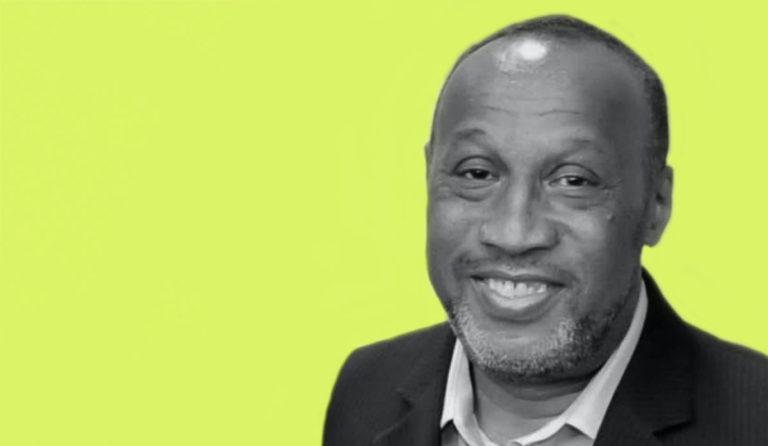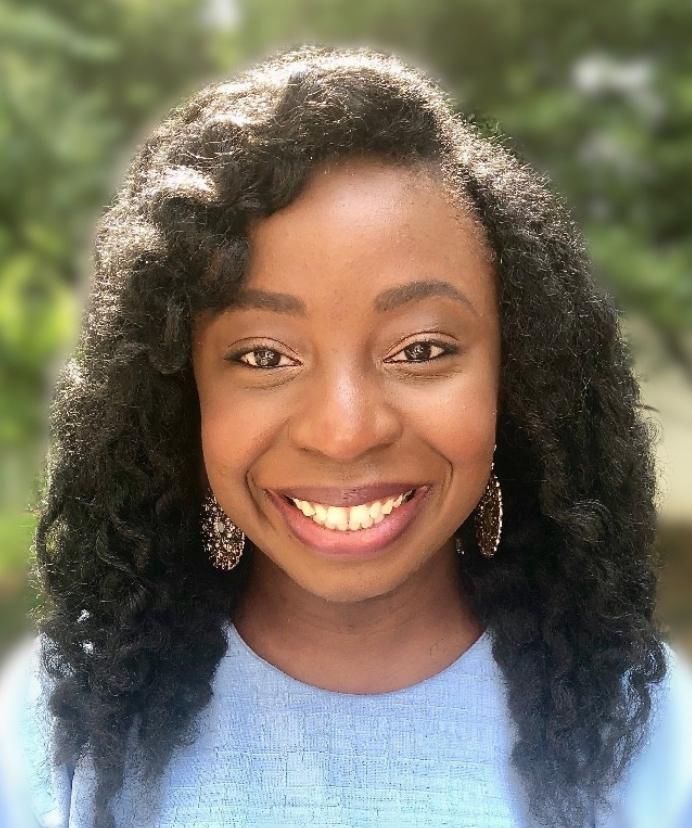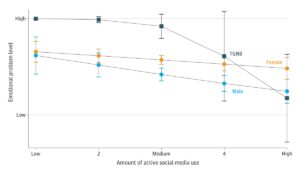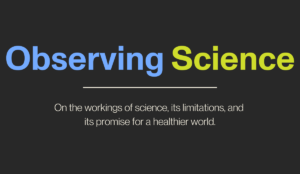Charles Lewis
Oluwatobi Alliyu profiles Dr. Charles Lewis, Founder and President of the Congressional Research Institute for Social Work and Policy.

Read Time: 3 minutes
Published:
Charles E. Lewis, Jr. is the founder and president of the Congressional Research Institute for Social Work and Policy (CRISP), a nonprofit organization that works to engage social workers with the U.S. Congress. In July CRISP conducts a Political Boot Camp for social workers wanting to run for elected office or work on political campaigns. He is an adjunct professor at the USC Suzanne Dworak-Peck School of Social Work and lecturer at Columbia University School of Social Work.
Public Health Post: Social work and public health are both concerned with the social determinants of health, but oftentimes disciplines function in silos. Is there a divide between social work and public health that limits efforts to improve population health? How can public health and work professional integrate their work?
Charles Lewis: There is a divide and there could be a more concerted effort to bring public health and social work together.
Social work has its own perspective; it is more relational and deals more with direct services—working directly with individuals, families, and groups within communities. Public health, on the other hand, addresses the needs of the population so interventions are at the population level. Notwithstanding, both disciplines can learn from each other. There’s certainly room for collaboration in research.
The Brown School at Washington University in St. Louis is a great example. The public health and social work program are located at in the same building at the same school. One school, two programs, and one faculty. Because of this, they’re able to collaborate closely on research programs.
The Congressional Research Institute for Social Work and Policy (CRISP) acts as a bridge between social work researchers and the federal government. Why is it important for social workers to engage directly with federal legislative and policy processes? What issues are social workers raising with policymakers?
A lot of decisions on how resources are going to be allocated are determined in the legislative arena, at the local, state, or the federal government level. CRISP is focused primarily on engagement at the federal level. By attending committee meetings and staying aware of bills and legislative proposals, social workers are able to add their input and professional perspective.
We need more social workers on the Capitol Hill. The goal is to get more social workers actively engaged with congress and the federal government. They bring a set of knowledge, skills and values that are very helpful to the conversation.
Based on your experience, what are some existing gaps between scholarship, policy, and practice as it relates to population health? How can we fill these gaps?
As discussed earlier, we operate in silos. And a reason for that is because social work is quite different from public health. For instance, social work focuses more on licensing and credentialing. In other words, while there are some credentials in public health, you don’t have to be a licensed public health practitioner to provide services.
There hasn’t really been a concerted effort to bring the disciplines together. In addition to collaborating in the educational sphere, both professions can be engaged in the political space as well.
There are about 300 caucuses on the Hill. I realized that we could create a caucus for social work, so in 2010 we created the Congressional Social Work Caucus. We started with ten professionals (two in the Senate, and eight in the House) but gradually opened up to general congressional membership. We got about 60 people to join the caucus and our purpose was to bring attention to the issues that were relevant to social work.
In 2013, I created CRISP—the Congressional Research Institute for Social Work and Policy—so that we could make sure that the caucus stayed viable.
I recently found out that public health also has a caucus that was established in 2015. I intend to contact them and establish a relationship—that’s another way of bringing our disciplines together.
Photo courtesy of Charles Lewis


![group photo of 2024 PHP fellows, (from left: Abby Varker, Lia Musumeci [back], Heather Sherr, Dani Weissert [back], Jude Sleiman)](https://publichealthpost.org/wp-content/uploads/2024/03/Fellows-Group-300x150.png)
